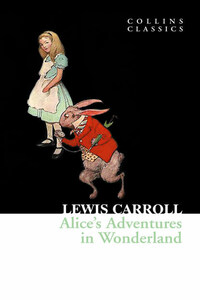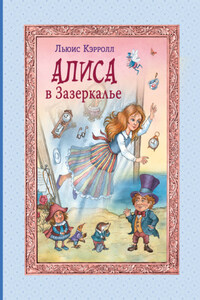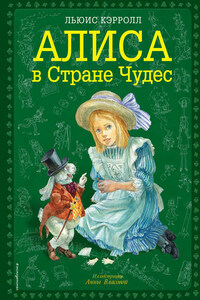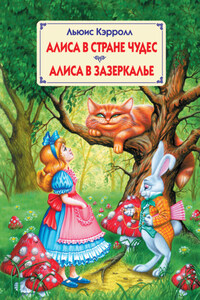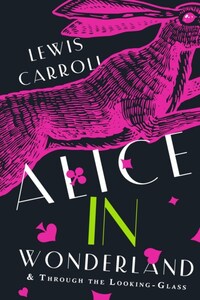In 1819, Millworker William Collins from Glasgow, Scotland, set up a company for printing and publishing pamphlets, sermons, hymn books and prayer books. That company was Collins and was to mark the birth of HarperCollins Publishers as we know it today. The long tradition of Collins dictionary publishing can be traced back to the first dictionary William published in 1824, Greek and English Lexicon. Indeed, from 1840 onwards, he began to produce illustrated dictionaries and even obtained a licence to print and publish the Bible.
Soon after, William published the first Collins novel, Ready Reckoner, however it was the time of the Long Depression, where harvests were poor, prices were high, potato crops had failed and violence was erupting in Europe. As a result, many factories across the country were forced to close down and William chose to retire in 1846, partly due to the hardships he was facing.
Aged 30, Williamâs son, William II took over the business. A keen humanitarian with a warm heart and a generous spirit, William II was truly âVictorianâ in his outlook. He introduced new, up-to-date steam presses and published affordable editions of Shakespeareâs works and Pilgrimâs Progress, making them available to the masses for the first time. A new demand for educational books meant that success came with the publication of travel books, scientific books, encyclopaedias and dictionaries. This demand to be educated led to the later publication of atlases and Collins also held the monopoly on scripture writing at the time.
In the 1860s Collins began to expand and diversify and the idea of âbooks for the millionsâ was developed. Affordable editions of classical literature were published and in 1903 Collins introduced 10 titles in their Collins Handy Illustrated Pocket Novels. These proved so popular that a few years later this had increased to an output of 50 volumes, selling nearly half a million in their year of publication. In the same year, The Everymanâs Library was also instituted, with the idea of publishing an affordable library of the most important classical works, biographies, religious and philosophical treatments, plays, poems, travel and adventure. This series eclipsed all competition at the time and the introduction of paperback books in the 1950s helped to open that market and marked a high point in the industry.
HarperCollins is and has always been a champion of the classics and the current Collins Classics series follows in this tradition â publishing classical literature that is affordable and available to all. Beautifully packaged, highly collectible and intended to be reread and enjoyed at every opportunity.
The author of Lewis Carrollâs Aliceâs Adventures in Wonderland was in fact a Charles Ludwidge Dodgson (1832â98). He published the book and other works under the pseudonym Lewis Carroll because he wished to maintain anonymity and so remain relatively immune to any criticism of his poetry and prose. He actually came up with his pen name by translating his first two names into Latin âCarolus Lodovicusâ and then Anglicizing them to âLewis Carrollâ, a perfect example of his love for the playfulness of language.
Charles Dodgsonâs place of birth was a parsonage in the county of Cheshire, England, as his father was an Anglican parson. The family moved to the county of Yorkshire when he was 11, by which time Queen Victoria had been on the throne for four years.
He and his siblings were home tutored which had an inevitable effect on their ability to socialize. All of the children also suffered from speech stammering. As a result, this self-consciousness was something that pervaded and continued to affect Charles for the rest of his life.
For two years Dodgson attended a school in Richmond, Yorkshire, and then he was sent to Rugby School at the age of 14. Like his father, he showed great promise as a mathematician and went on to academic success at Oxford University, even winning a lectureship, which kept him fiscally well off for many years.
Like his father, he decided to enter the church and became an Anglican deacon at Christ Church, Oxford, although his relationship with Christianity was one with which he wrestled. He was, at heart, a liberal thinker, as his literary work would eventually betray.
As well as his stammer, which he referred to as his âhesitationâ, he was also deaf in one ear and had a weak chest, resulting from childhood ailments. It may well have been these psychological and physical flaws that translated into his drive to succeed as a writer and him becoming a prominent member of society.
Having always written short stories and drawn illustrations, Dodgson began publishing his own magazine in 1855 as a means of creative expression. It was titled the Mischmasch (German for âmishmashâ) as the magazine was a mishmash of ideas designed for the amusement of his family. Then, in 1856, he had the opportunity to officially publish some work in
